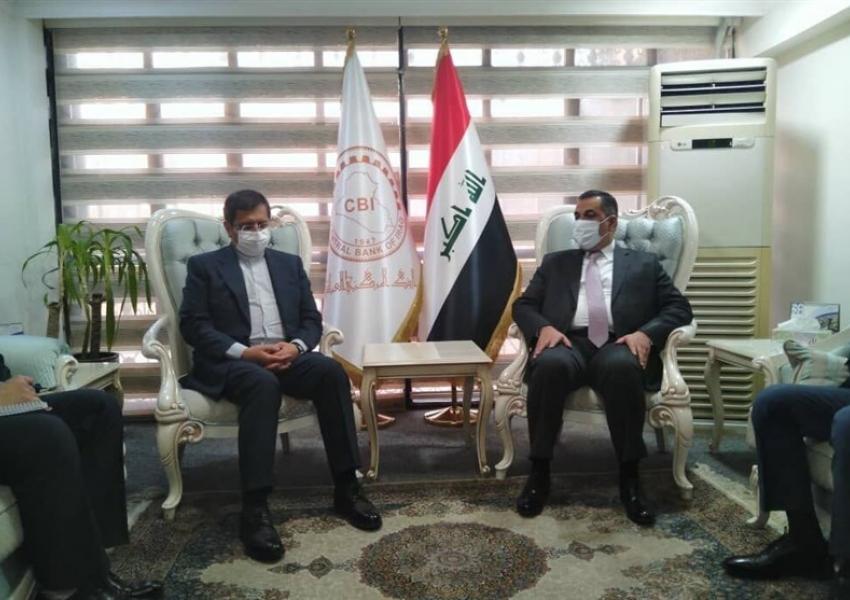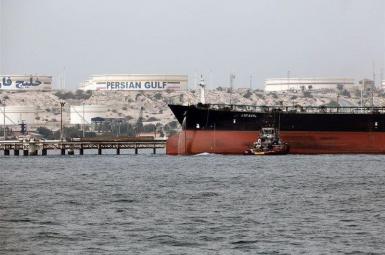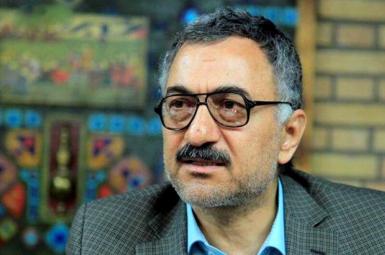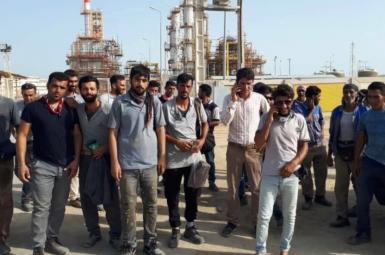
Exclusive: Iraq Central Bank Can’t Pay Iran Frozen Billions Even in Dinars
Maryan Sinaee
An official of the Central Bank of Iraq told Iran International on Thursday that the Iraqi Central Bank had informed Iranian banking officials that Tehran’s assets frozen in Iraq could not be paid in Iraqi dinars as Iranian officials had demanded during their visit to Baghdad earlier this month.
“Iranian banking officials who were accompanied by a representative of the government wanted us to pay their [frozen] assets in Iraqi dinars but the Central Bank [of Iraq] expressly told them that the money will not be sent to Iran directly,” Aysar Jabbar, Spokesman for the Central Bank of Iraq, told Iran International.
Jabbar pointed out that before the United States in 2018 left Iran’s 2015 nuclear deal and imposed secondary sanctions, Iraq had paid Iran in US dollars for imports. The amounts were substantial, with Iran’s total exports to Iraq between March 2018 and March 2019 amounting to nearly $9 billion.
But with the US then threatening any country against using the dollar to trade with Iran, Jabbar explained, Iraq had to pay Iran in dinars. With the subsequent deepening of US sanctions, the Iraqi Central Bank had restricted all banking transactions with Iran.
Jabbar told Iran International that dinar payments to Iran were therefore not possible, even through the Iraqi branches of Melli Bank of Iran, Parsian or the Islamic Bank - which hold most frozen Iranian assets.
Abdolnaser Hemmati, Governor of the Central Bank of Iran, announced after a visit to Baghdad on October 12 that he had reached an agreement with Iraqi banking officials over the release of frozen Iranian revenue, mainly owed to Iran for gas and electricity but blocked by Iraq in fear of US sanctions. Hemmati said that Iraqi Prime Minister Mustafa Al-Kadhimi had reassured him that he would follow up within a week on repatriating the assets, which Hemmati said were over $5 billion.
In July, the two countries said they were devising a new financial mechanism to enable Iraq to pay for gas and electricity imported from Iran. But despite a series of waivers granted by Washington to allow Iraq to use Iranian energy imports, including a 60-day waiver for gas imports agreed in late September, Tehran has struggled to access the payments.
There have been repeated suggestions that with dollar payments blocked, Iran might receive payments in kind, either though using dinars or through a barter arrangement. In June after an earlier visit to Baghdad, Hemmati said that the CBI had reached “some good results” in talks with Iraq officials over using Iranian resources frozen in Iraq for “purchasing basic commodities and medicine.”
Iran has assets similarly frozen in other countries including South Korea and Japan, two former top buyers of Iranian oil, which it is trying to release to replenish its dwindling foreign currency reserves. The assets frozen in Korean banks alone have been estimated at $6.5-9 billion by the Chairman of Iran and South Korea Chamber of Commerce, Hossein Tanhai.








